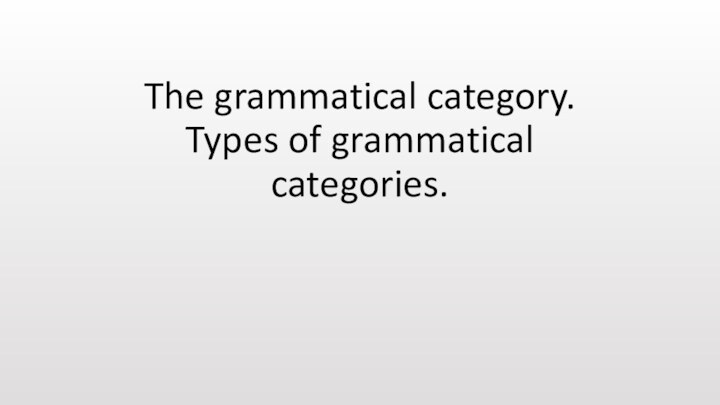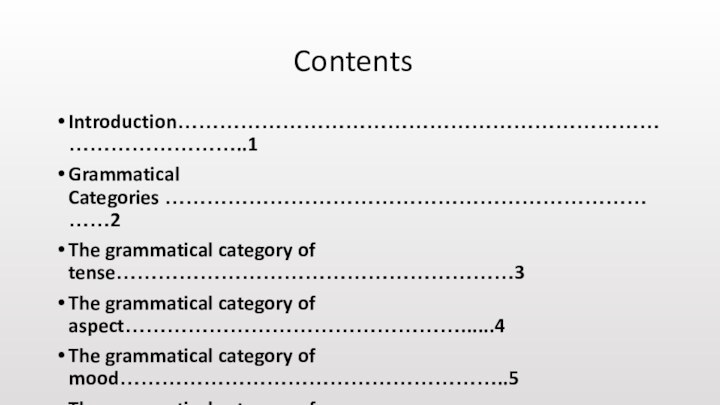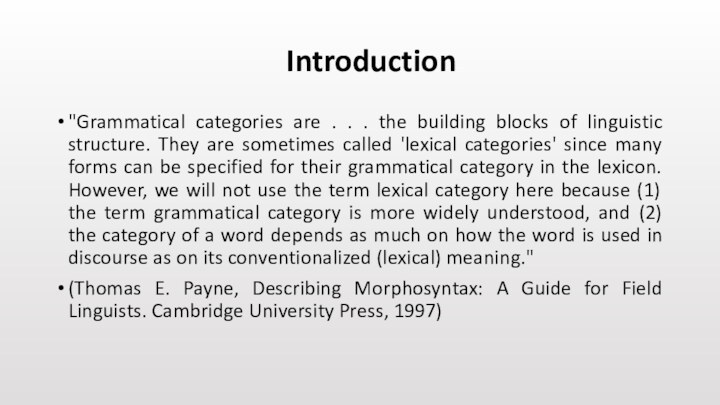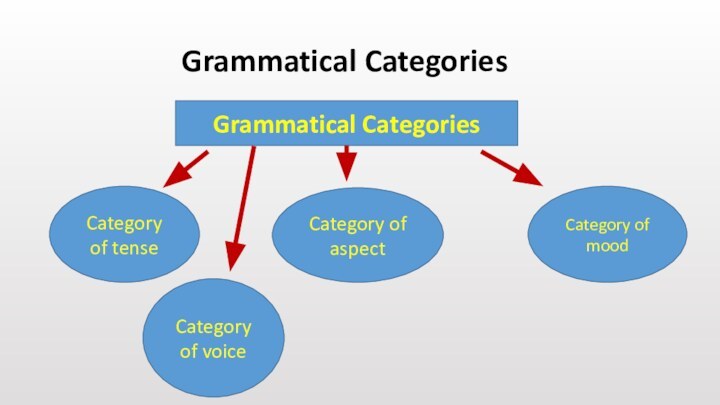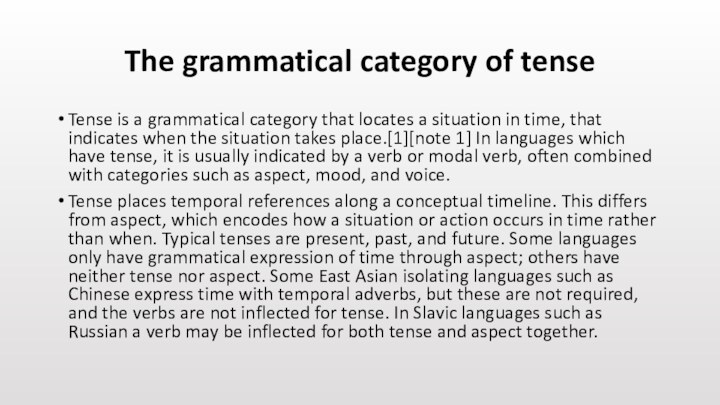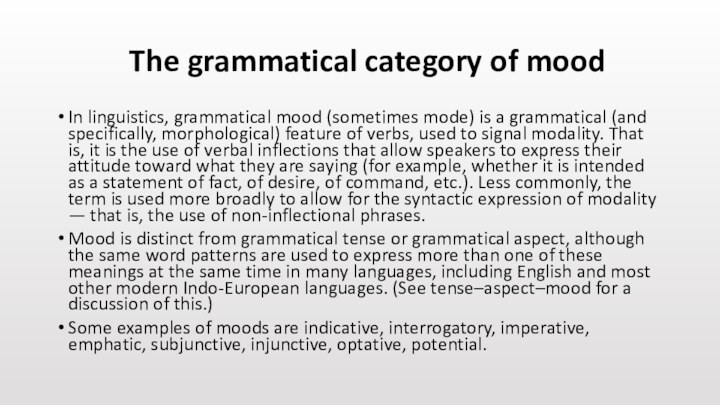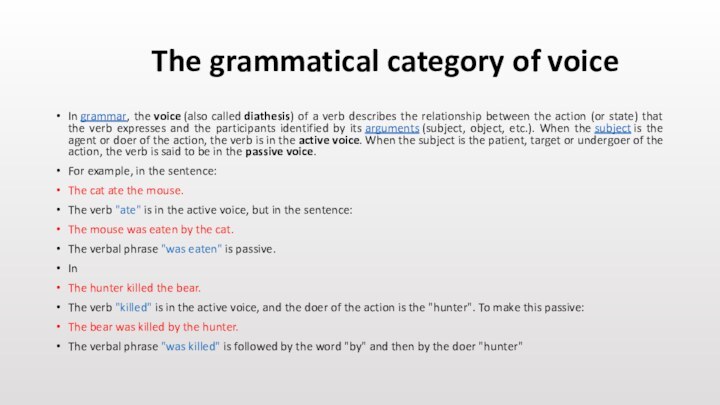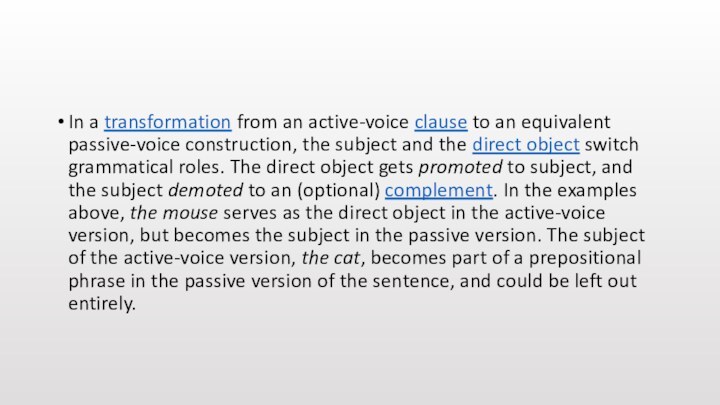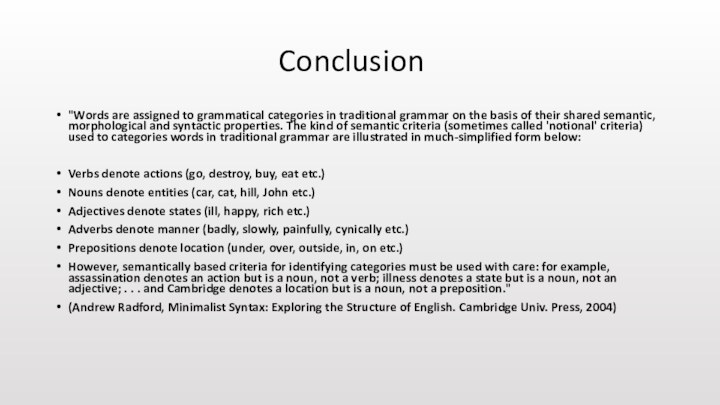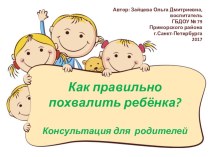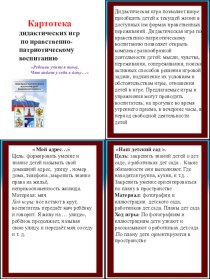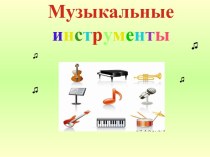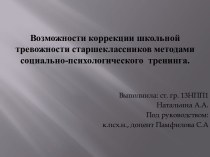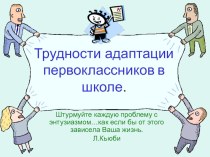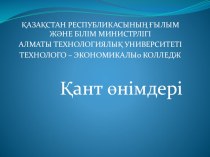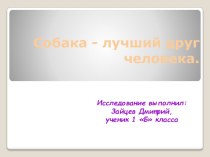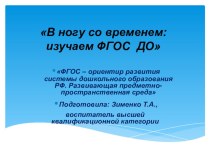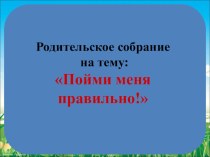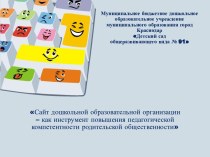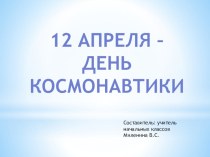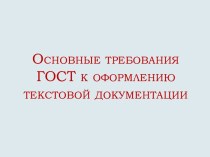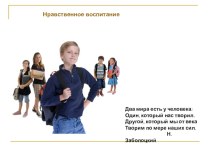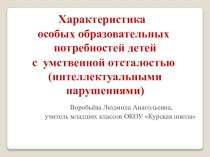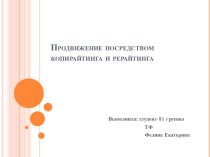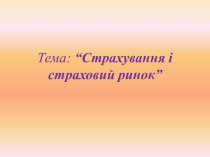Contents
Introduction…………………………………………………………………………………..1
Grammatical
Categories …………………………………………………………………2
The grammatical category of tense…………………………………………………3
The grammatical category of aspect…………………………………………......4
The grammatical category of mood………………………………………………..5
The grammatical category of voice…………………………………………........6
The grammatical category of time………………………………………………….7
Conclusion……………………………………………………………………………………..8
Introduction
"Grammatical
categories are . . . the building blocks of linguistic structure. They are sometimes called 'lexical categories' since many forms can be specified for their grammatical category in the lexicon. However, we will not use the term lexical category here because (1) the term grammatical category is more widely understood, and (2) the category of a word depends as much on how the word is used in discourse as on its conventionalized (lexical) meaning."
(Thomas E. Payne, Describing Morphosyntax: A Guide for Field Linguists. Cambridge University Press, 1997)
Grammatical Categories
Grammatical Categories
Category of tense
Category of aspect
Category of
mood
Category of voice
Слайд 5
The grammatical category of tense
Tense is a grammatical
category that locates a situation in time, that indicates
when the situation takes place.[1][note 1] In languages which have tense, it is usually indicated by a verb or modal verb, often combined with categories such as aspect, mood, and voice.
Tense places temporal references along a conceptual timeline. This differs from aspect, which encodes how a situation or action occurs in time rather than when. Typical tenses are present, past, and future. Some languages only have grammatical expression of time through aspect; others have neither tense nor aspect. Some East Asian isolating languages such as Chinese express time with temporal adverbs, but these are not required, and the verbs are not inflected for tense. In Slavic languages such as Russian a verb may be inflected for both tense and aspect together.
Слайд 6
The grammatical category
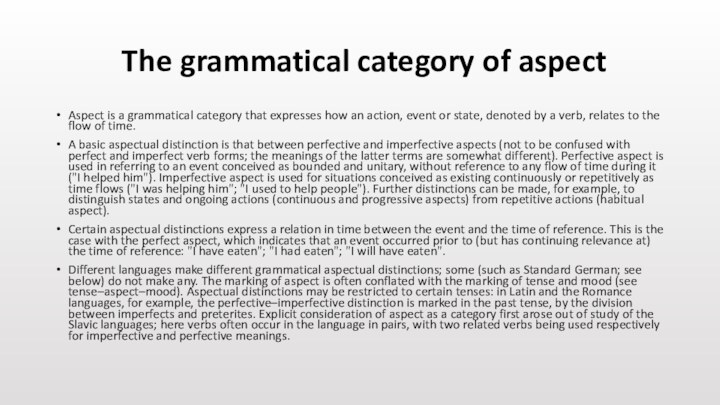
of aspect
Aspect is a grammatical category that expresses how
an action, event or state, denoted by a verb, relates to the flow of time.
A basic aspectual distinction is that between perfective and imperfective aspects (not to be confused with perfect and imperfect verb forms; the meanings of the latter terms are somewhat different). Perfective aspect is used in referring to an event conceived as bounded and unitary, without reference to any flow of time during it ("I helped him"). Imperfective aspect is used for situations conceived as existing continuously or repetitively as time flows ("I was helping him"; "I used to help people"). Further distinctions can be made, for example, to distinguish states and ongoing actions (continuous and progressive aspects) from repetitive actions (habitual aspect).
Certain aspectual distinctions express a relation in time between the event and the time of reference. This is the case with the perfect aspect, which indicates that an event occurred prior to (but has continuing relevance at) the time of reference: "I have eaten"; "I had eaten"; "I will have eaten".
Different languages make different grammatical aspectual distinctions; some (such as Standard German; see below) do not make any. The marking of aspect is often conflated with the marking of tense and mood (see tense–aspect–mood). Aspectual distinctions may be restricted to certain tenses: in Latin and the Romance languages, for example, the perfective–imperfective distinction is marked in the past tense, by the division between imperfects and preterites. Explicit consideration of aspect as a category first arose out of study of the Slavic languages; here verbs often occur in the language in pairs, with two related verbs being used respectively for imperfective and perfective meanings.
Слайд 7
The grammatical category
of mood
In linguistics, grammatical mood (sometimes mode) is a
grammatical (and specifically, morphological) feature of verbs, used to signal modality. That is, it is the use of verbal inflections that allow speakers to express their attitude toward what they are saying (for example, whether it is intended as a statement of fact, of desire, of command, etc.). Less commonly, the term is used more broadly to allow for the syntactic expression of modality — that is, the use of non-inflectional phrases.
Mood is distinct from grammatical tense or grammatical aspect, although the same word patterns are used to express more than one of these meanings at the same time in many languages, including English and most other modern Indo-European languages. (See tense–aspect–mood for a discussion of this.)
Some examples of moods are indicative, interrogatory, imperative, emphatic, subjunctive, injunctive, optative, potential.
grammatical category of voice
In grammar, the voice (also called diathesis) of a verb
describes the relationship between the action (or state) that the verb expresses and the participants identified by its arguments (subject, object, etc.). When the subject is the agent or doer of the action, the verb is in the active voice. When the subject is the patient, target or undergoer of the action, the verb is said to be in the passive voice.
For example, in the sentence:
The cat ate the mouse.
The verb "ate" is in the active voice, but in the sentence:
The mouse was eaten by the cat.
The verbal phrase "was eaten" is passive.
In
The hunter killed the bear.
The verb "killed" is in the active voice, and the doer of the action is the "hunter". To make this passive:
The bear was killed by the hunter.
The verbal phrase "was killed" is followed by the word "by" and then by the doer "hunter"
Слайд 9
In a transformation from an active-voice clause to an equivalent passive-voice construction,
the subject and the direct object switch grammatical roles. The direct
object gets promoted to subject, and the subject demoted to an (optional) complement. In the examples above, the mouse serves as the direct object in the active-voice version, but becomes the subject in the passive version. The subject of the active-voice version, the cat, becomes part of a prepositional phrase in the passive version of the sentence, and could be left out entirely.
